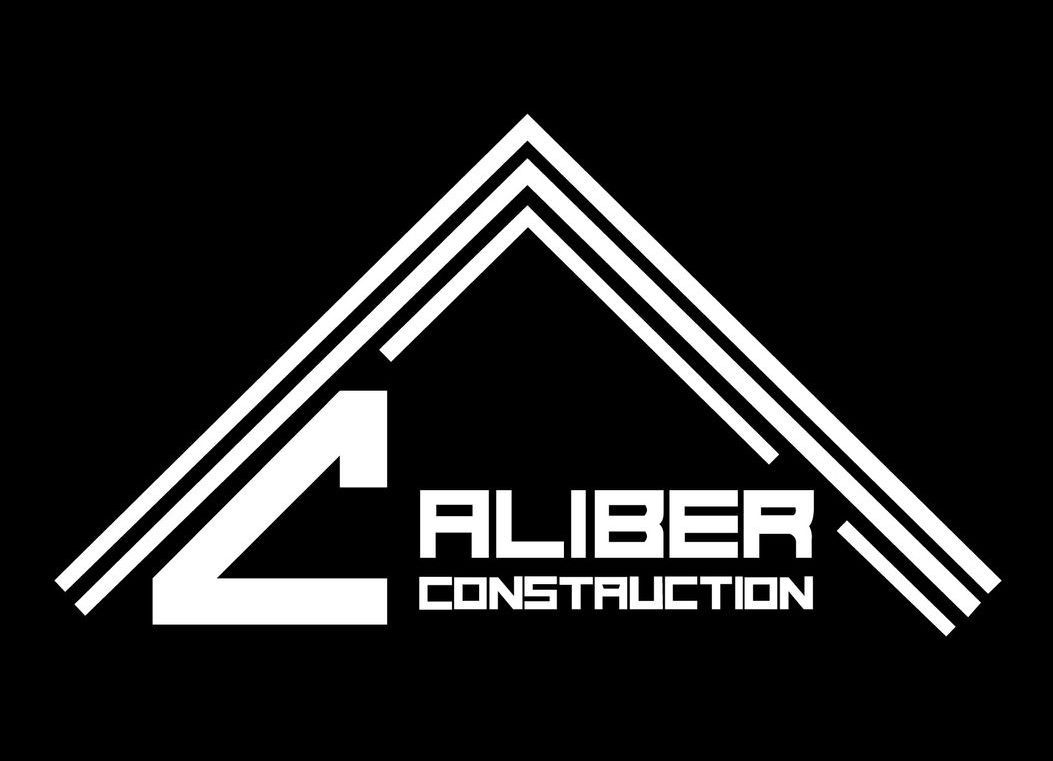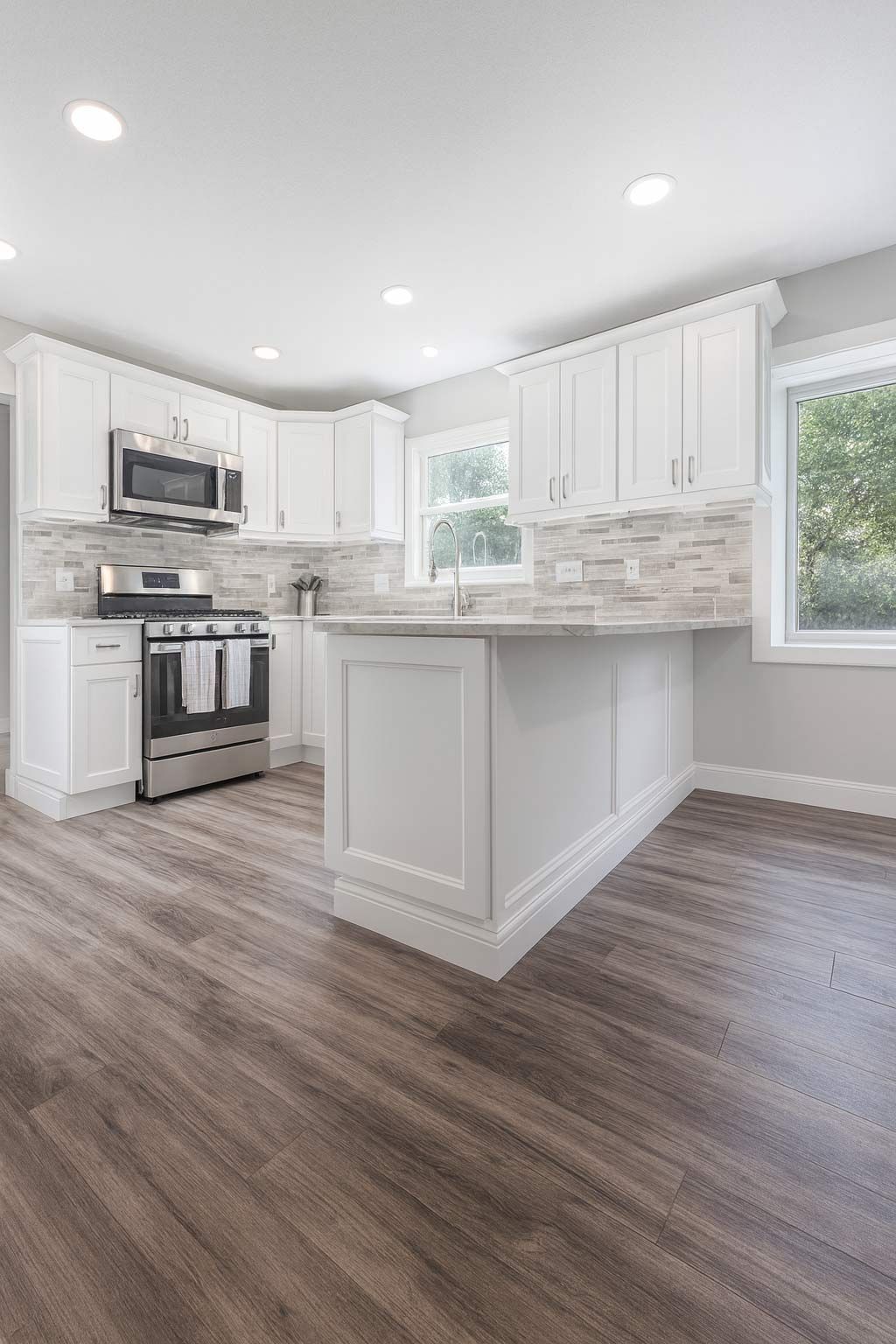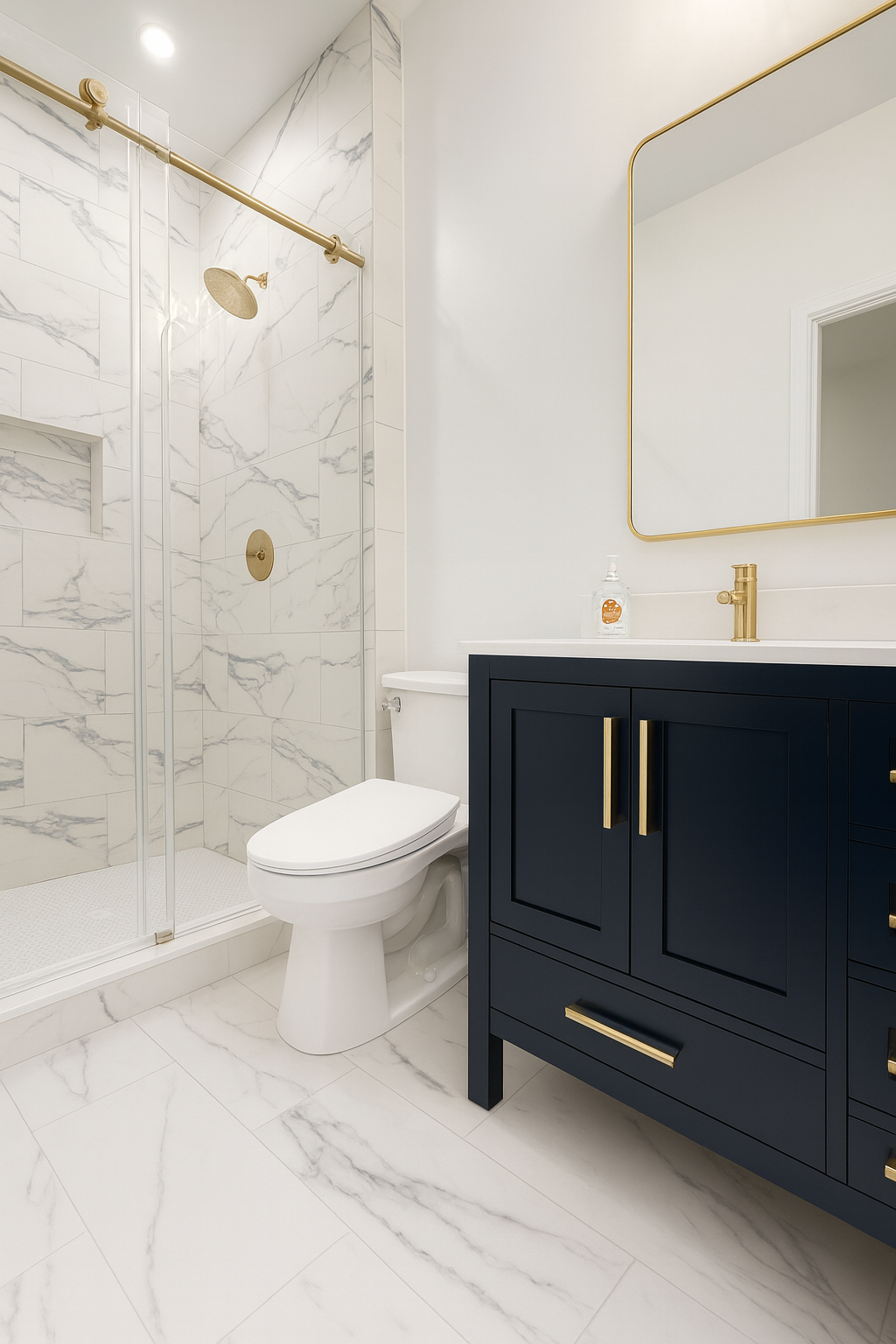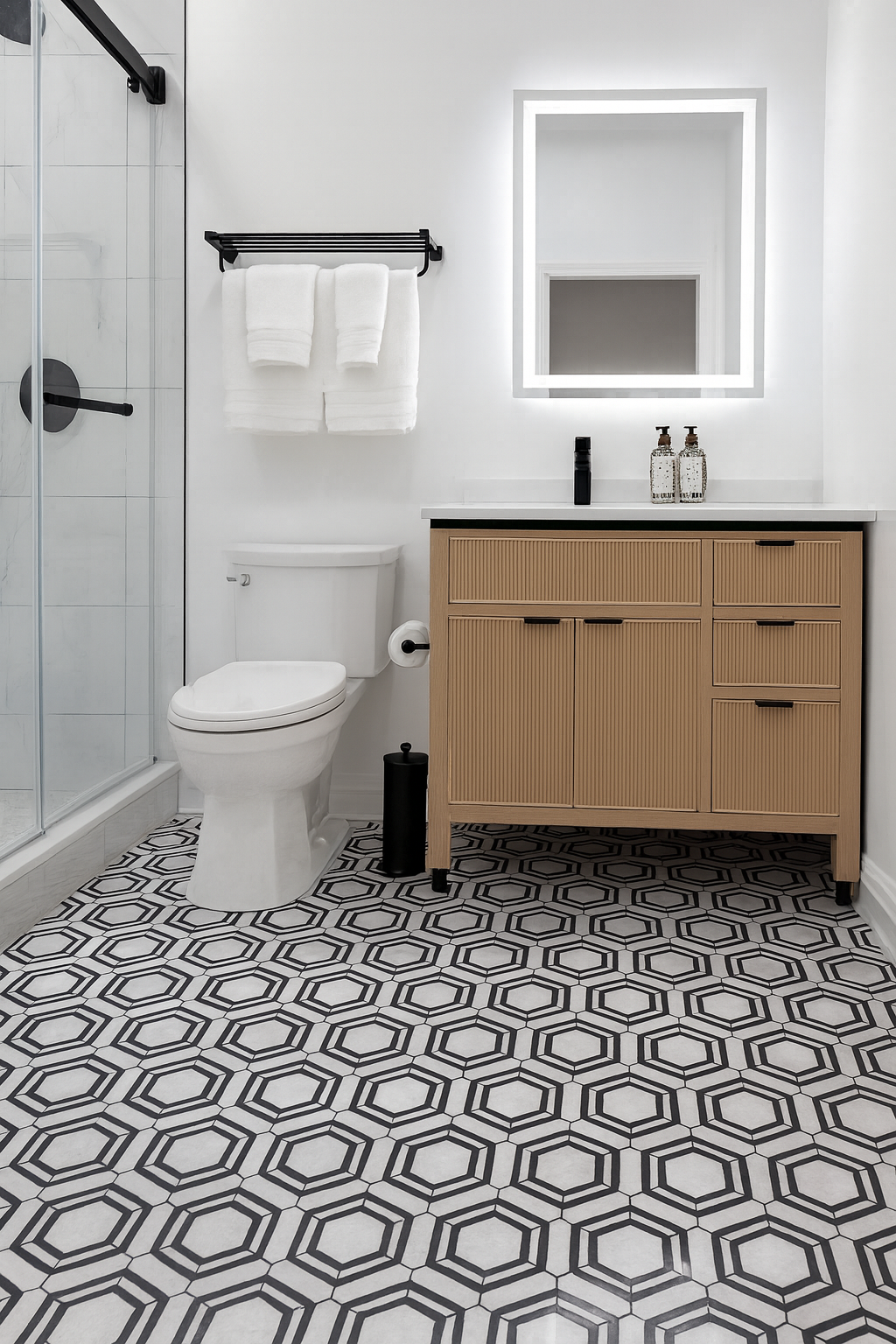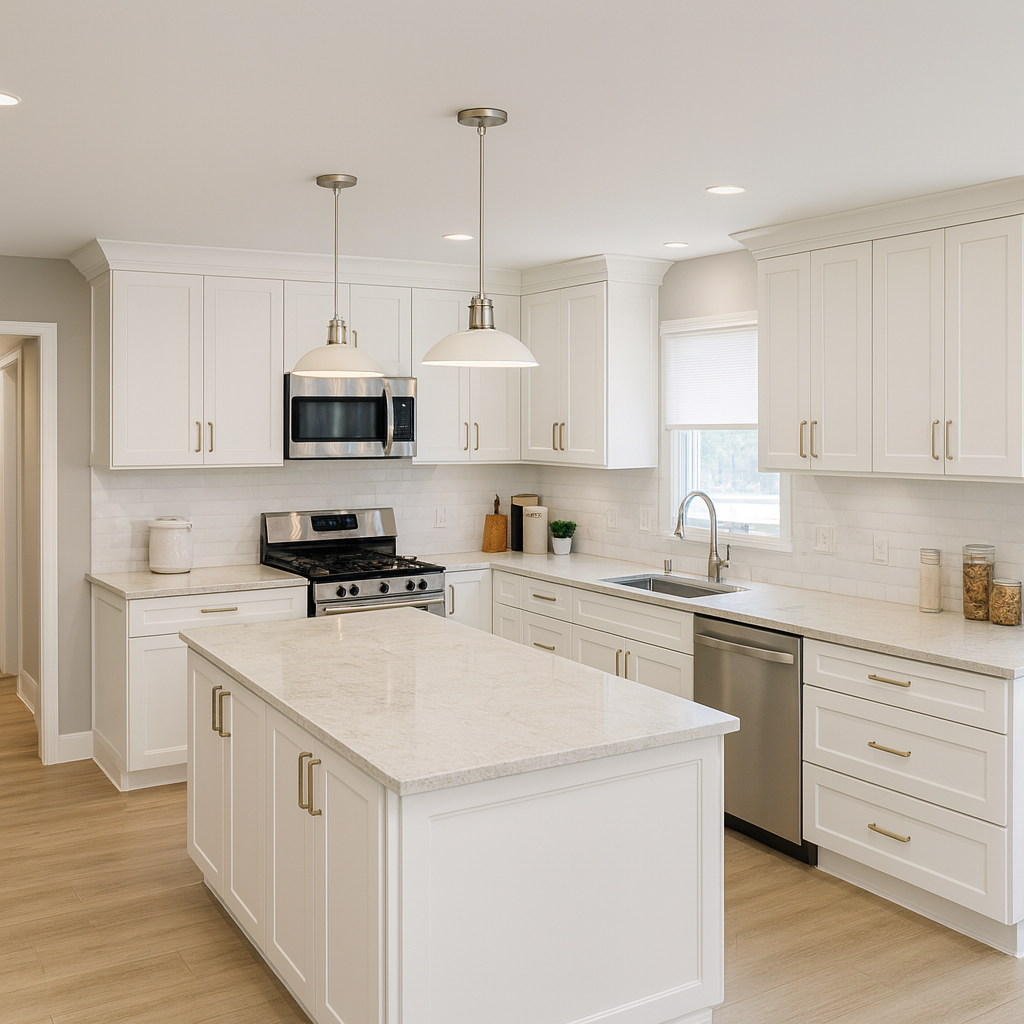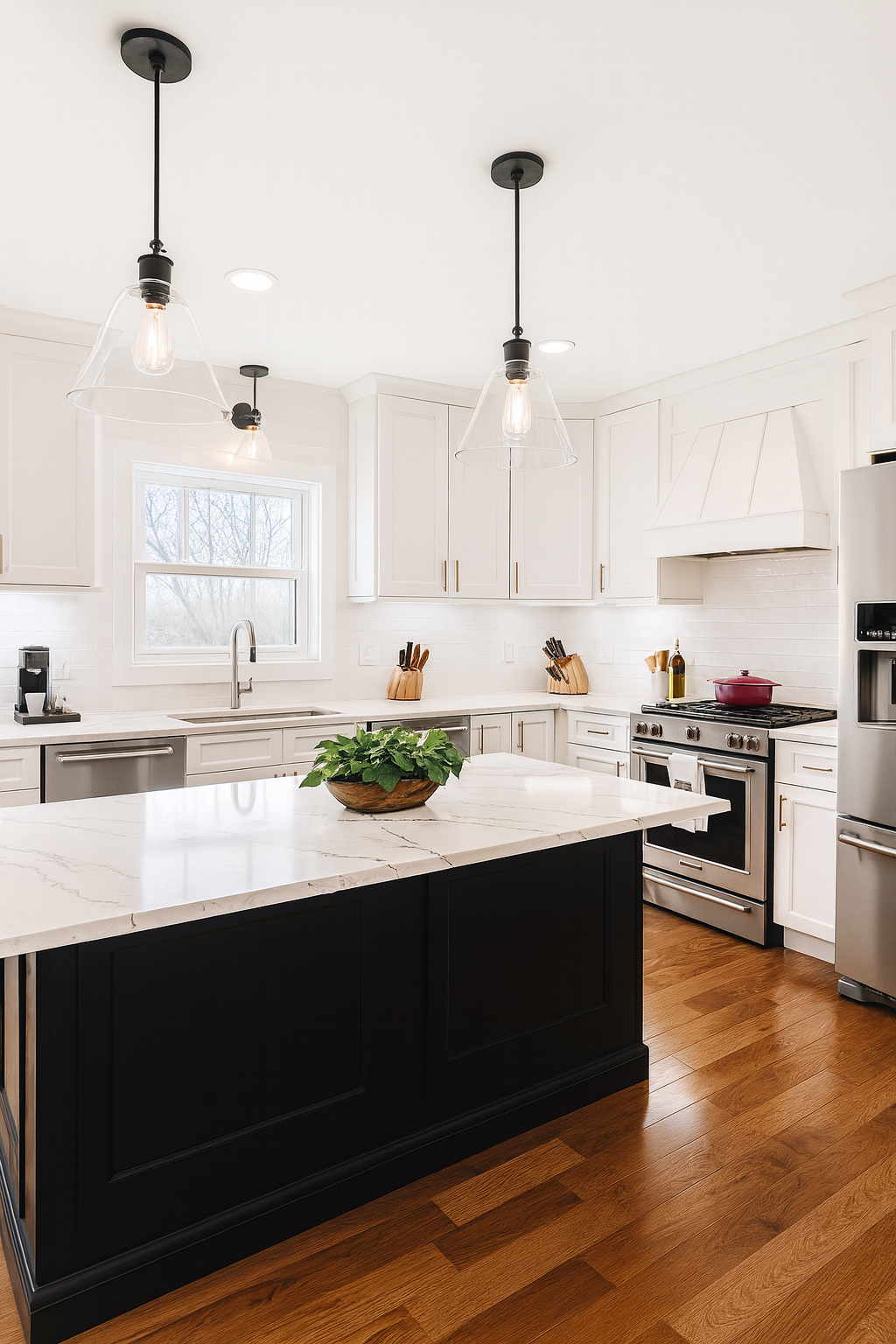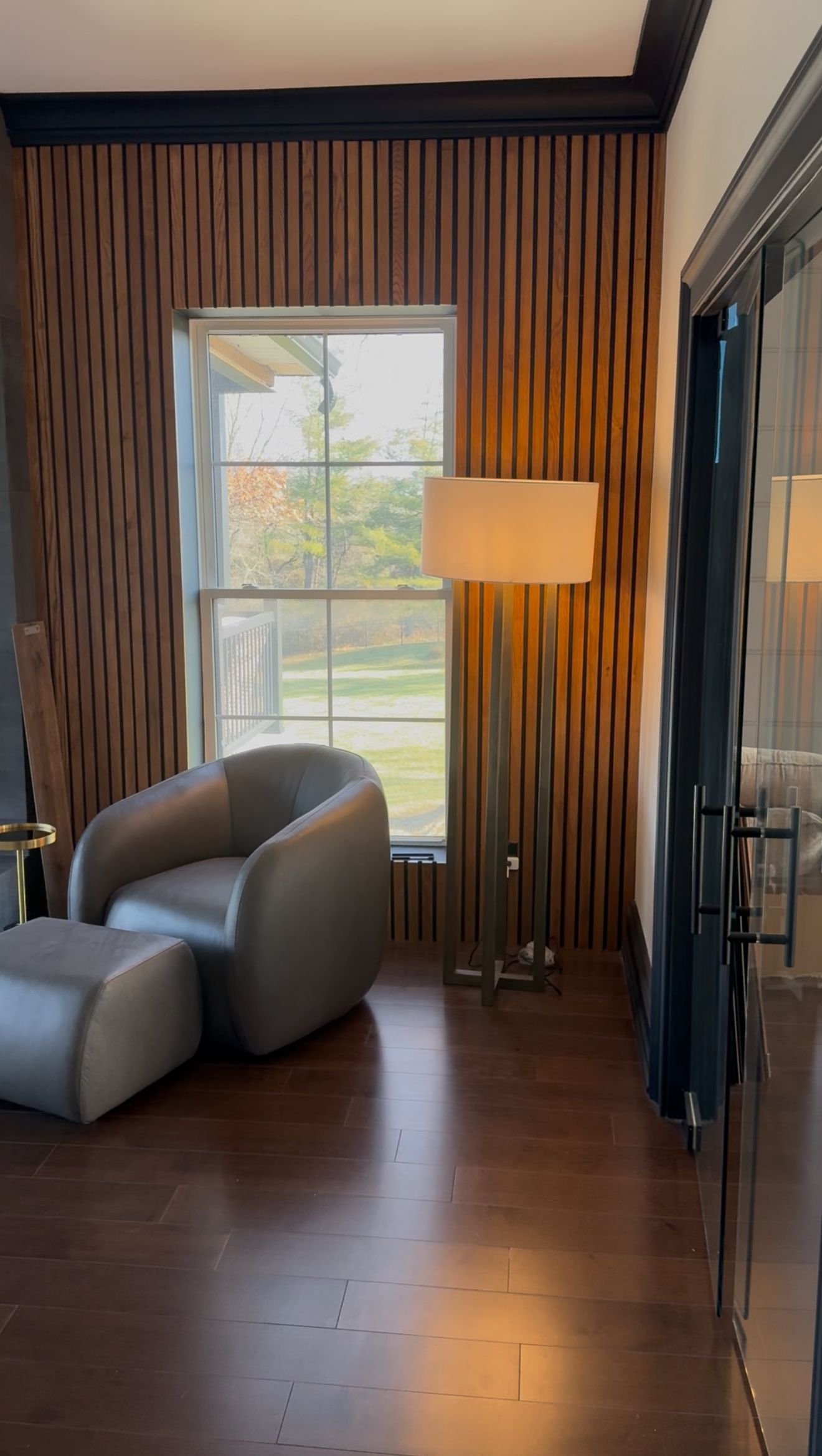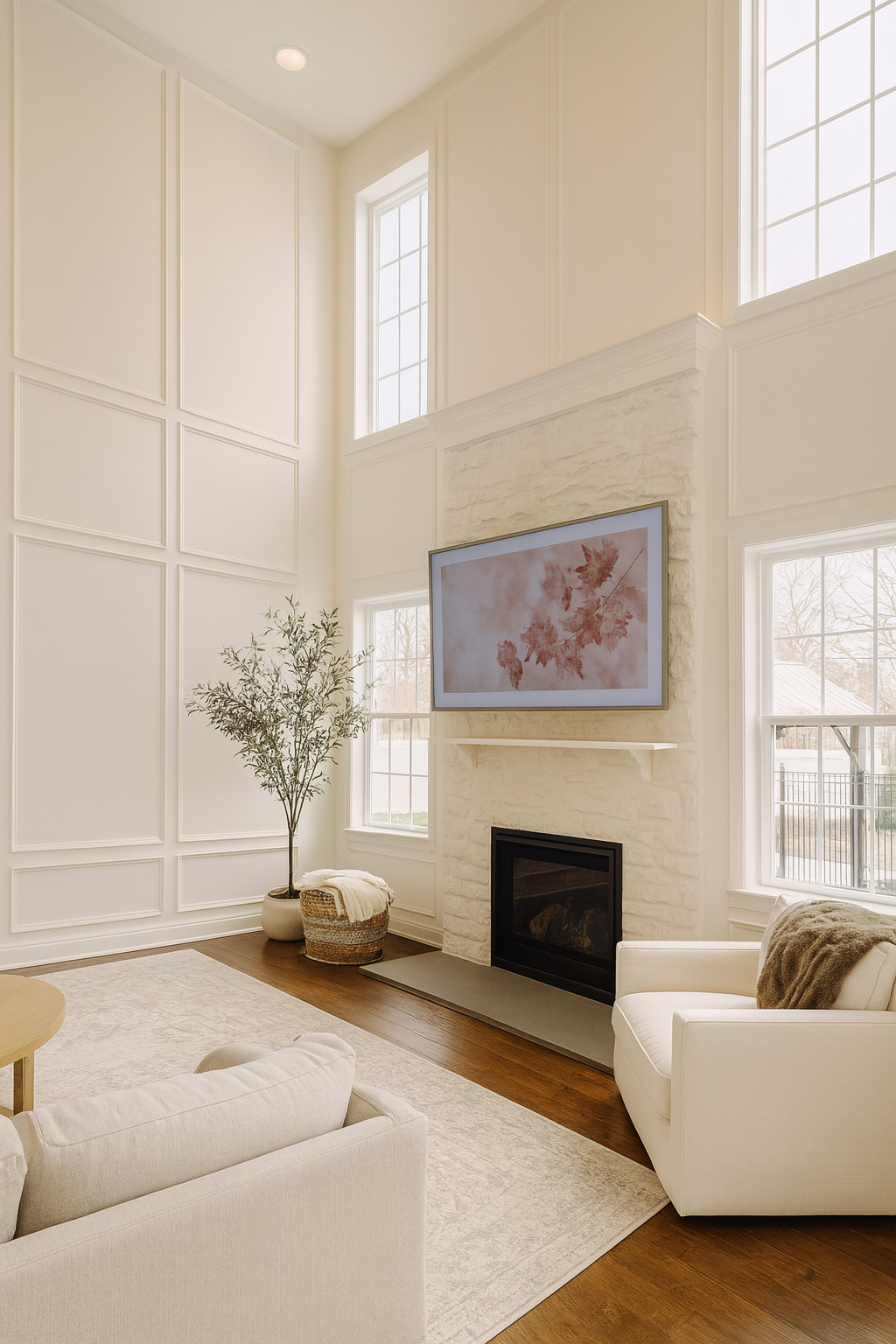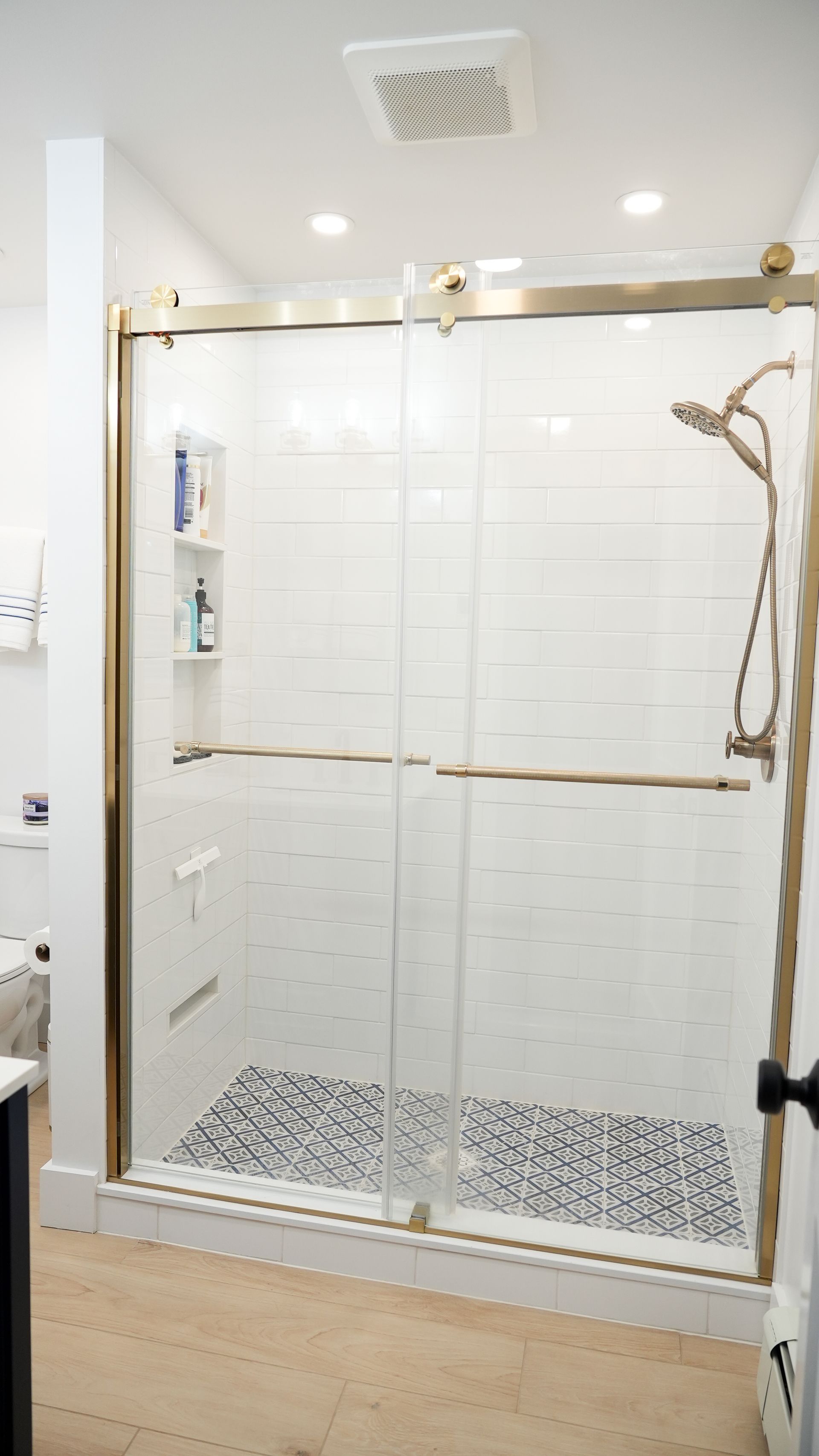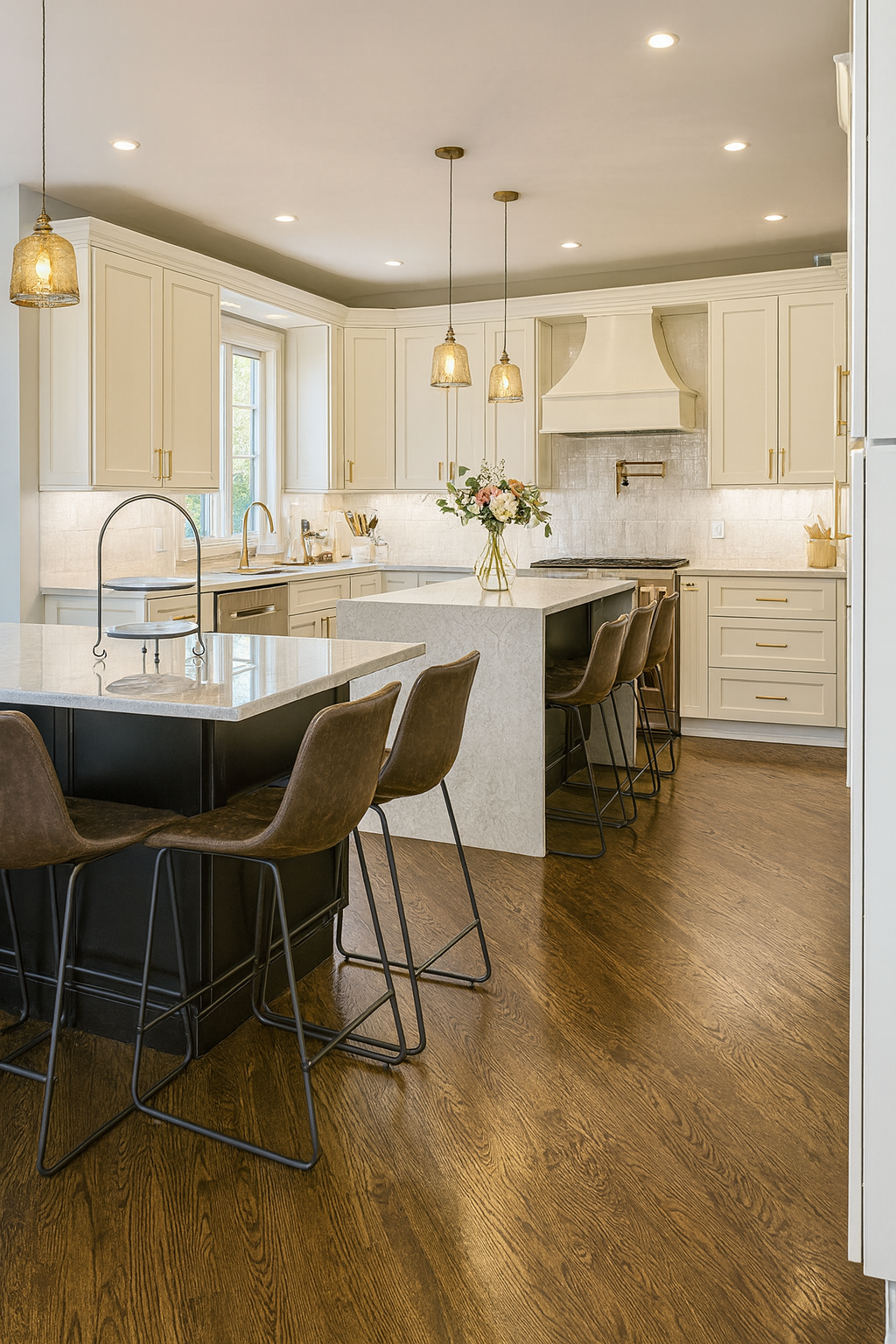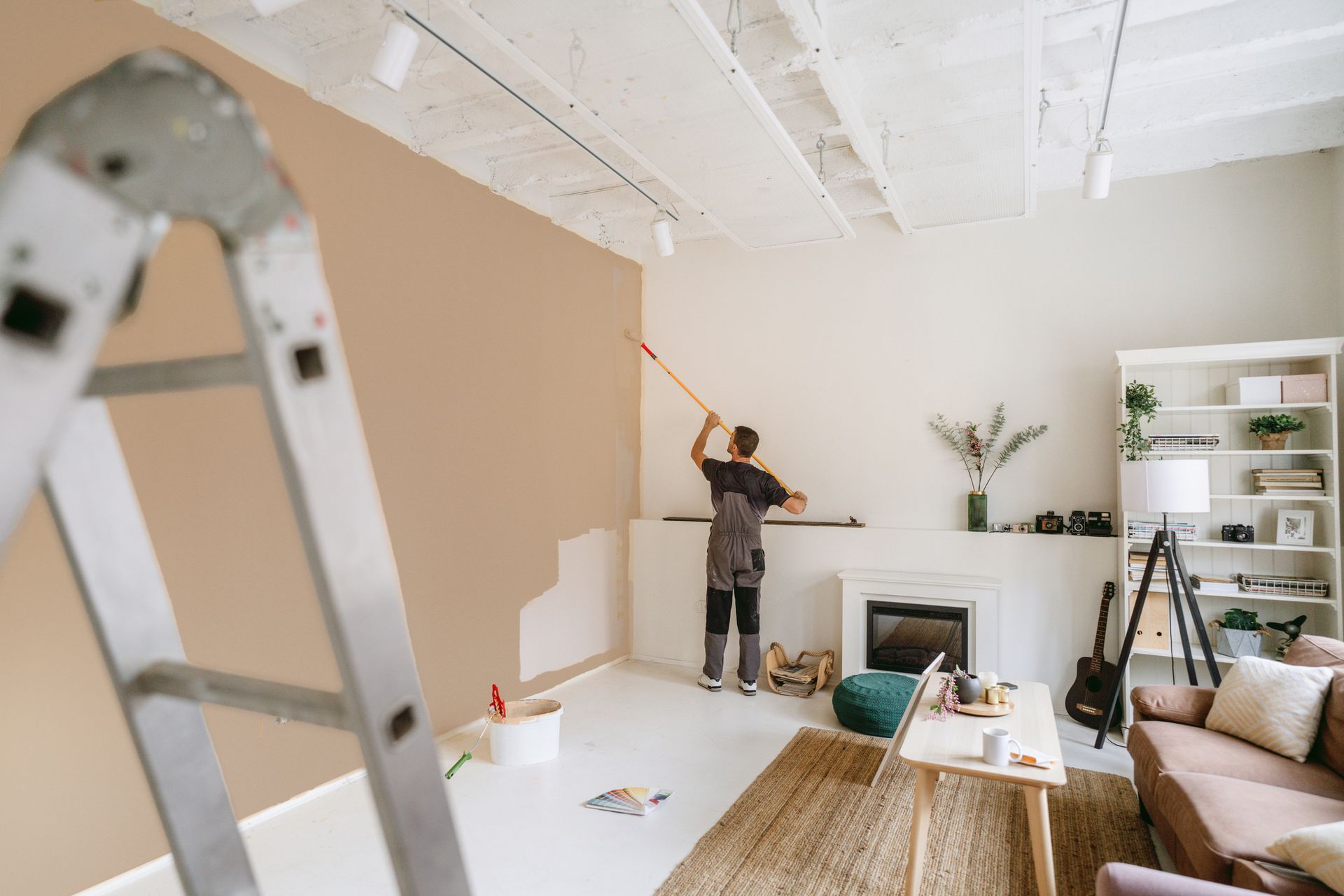Do I Need Permits for a Whole-House Remodel in New Jersey?
Short answer: In New Jersey, most whole-house remodels do require permits, especially if you’re touching structure, plumbing, electrical, or HVAC. But lighter, “in-kind” work — where you’re just replacing finishes and not relocating systems — may fall under “ordinary maintenance” and not need a full construction permit. The exact answer depends on what’s being done and what town you’re in. New Jersey Business Portal+2Leeb Architecture+2
Why it’s not a one-size-fits-all answer
New Jersey uses the Uniform Construction Code (UCC), but permits are issued by your local construction office — and each municipality can interpret certain items slightly differently. That’s why sometimes a project in Marlboro needs a permit and the same work in another town gets approved differently. So we always tell clients: “Let us check with your town first.” NJ.gov+1
1. When you almost always need a permit
If your whole-house remodel includes any of this, assume yes, a permit is required:
- Moving or adding walls/partitions (layout changes)
- Moving plumbing more than a few feet (relocating sinks, showers, toilets)
- New electrical circuits, recessed lighting throughout, panel upgrades
- New HVAC, moving ductwork, or adding mini-splits
- Structural changes (beams, removing load-bearing walls, additions)
- New windows/doors where openings are resized
- Additions, decks, porches, dormers
All of that falls under “alteration/addition” and needs permits and inspections. New Jersey Business Portal+2Leeb Architecture+2
2. When it might not need a permit (the “in-kind” stuff)
This is what you were talking about — the in kind remodel where “not a lot of changes are being made and things are staying within 6 ft of their original location.”
Examples that often fall under “ordinary maintenance” in NJ (still town-dependent):
- Interior painting
- Replacing interior doors with same size
- Swapping trim/moldings
- Replacing flooring
- Replacing cabinets in the same exact spot
- Replacing plumbing fixtures in the same location (some towns still want a plumbing subcode, so we check)
These are the jobs where you’re not changing structure or moving utilities — basically finishing work. Towns post this on their sites as “ordinary maintenance — no permit required.” Holmdel Township
3. The 6-ft / “staying in place” idea
A lot of NJ towns are more relaxed when plumbing fixtures stay within roughly the same location — like you’re replacing a vanity, toilet, or tub in the same bathroom and not relocating everything across the room. Once you start moving kitchens, bathrooms, or adding new bathrooms, it almost always triggers permits for plumbing and sometimes building and electrical. So:
- Same spot = sometimes no permit
- New spot / far move = permit
That’s why we ask for the exact scope first.
4. Why you should pull permits anyway
- It protects you during resale — unpermitted work can stall a sale or force you to open walls.
- It makes sure everything is built to NJ safety code.
- NJ can fine homeowners for unpermitted work. RWC
5. How Caliber handles it
When we do a full-house remodel, we handle the permitting for you. We submit the NJ DCA forms, architectural plans (if needed), and schedule inspections so you’re not going back and forth with the township. You tell us what you want done — we tell you what needs a permit. That’s it. NJ.gov
Contact Caliber Construction™
Phone: 347-424-5990
Email: Office@caliberconstructionny.com
Website: www.caliberconstructionny.com
Serving: New Jersey, New York & Pennsylvania
Built Better. Built Stronger. Built Different.
